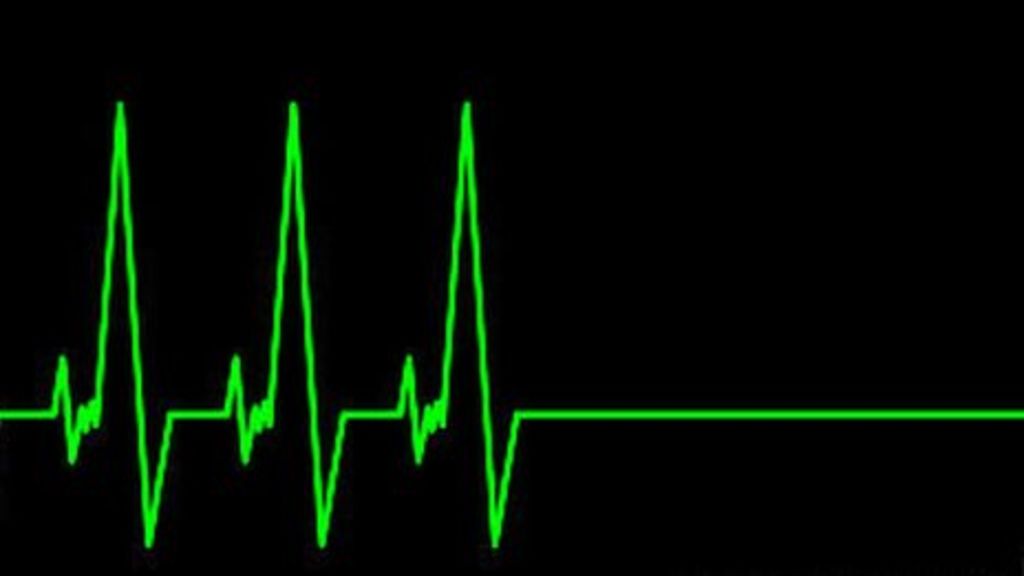Would it surprise you to hear that qualities like health, fitness, and even wealth are the booby prizes of life, and not worthy of your attention or effort in their pursuit? The fact is that we only pursue those relatively trivial qualities when we perceive life itself as a clinical matter—an absolute value—rather than an experience to be enjoyed.
Far too many of us believe that life is a logical construct, comprised of theories and data such as how many FB friends you have, how much you weigh, or your average net worth. In other words, life is only as good as you can justify with some commonly-accepted quantifiable value.
So, where does the actual experience of your life matter? And, more importantly, where does the quality of that experience matter? Human life is, in reality, a fluid thing and a matter of degree; there are less degrees and greater degrees. The quality of this experience is known to you only, and is never subject to any clinical interpretation. It is known in the form of feelings, not numbers on a medical chart. The real point of life, of course, is the question of whether we are actually living in a better experience of it. And, if not, how do we get there.
It is only when people see life as a clinical pass/fail that they take any interest at all in the minutiae of it; assuming that they have the experience they are capable of having. That is when they turn their attention away from experience as it is lived in this moment, and onto minor clinical matters instead, in the search for something better. What most fail to realize is that the deficits they recognize in themselves are actually just symptoms of the failure to actually pay attention to their moment-to-moment experience life, instead of waiting for a clinician or accountant to provide you with the measure of it.
Any attempt to reduce your life to something quantifiable is ultimately destructive to the experience of life. A clinical interpretation of life is what leads us to seek out experts and coaches and fitness trainers and doctors and practitioners and clinicians of all kinds to watch our numbers and alert us or prop us up when the numbers drop too low (or high). The most effective approach to life is to monitor our own personal experience of it. This personal monitoring of our ongoing experience will cause us to respond with wisdom rather than pills or formulas or diets when our condition begins to effect the numbers.
But wait, it gets even stranger: it is just as true that when you shift your focus onto the experience of life and off the numbers of it, you will also realize that all of the minor qualities are a natural byproduct of that response. And, whatever benefit you can produce by focusing on those trivial matters directly, the results will always be just a pale shadow of what it could have been.
No matter how much you achieve in the world of health, fitness, sports performance, weight loss, etc., the experience that achievement produces is never more than a tiny fraction of what’s available. When you pursue trivial matters, the only benefit is in what that pursuit can create. When you focus on life as an experience, you realize results in every area of life by default.
It is important to note that, in the minutiae, there are some relatively positive benefits to be had. But we cling to those as if they were some great prize, when in reality they are just a drop in the ocean of the benefits that are available to us — and every living thing — when our full attention is on being experientially alive, and not just clinically so.

